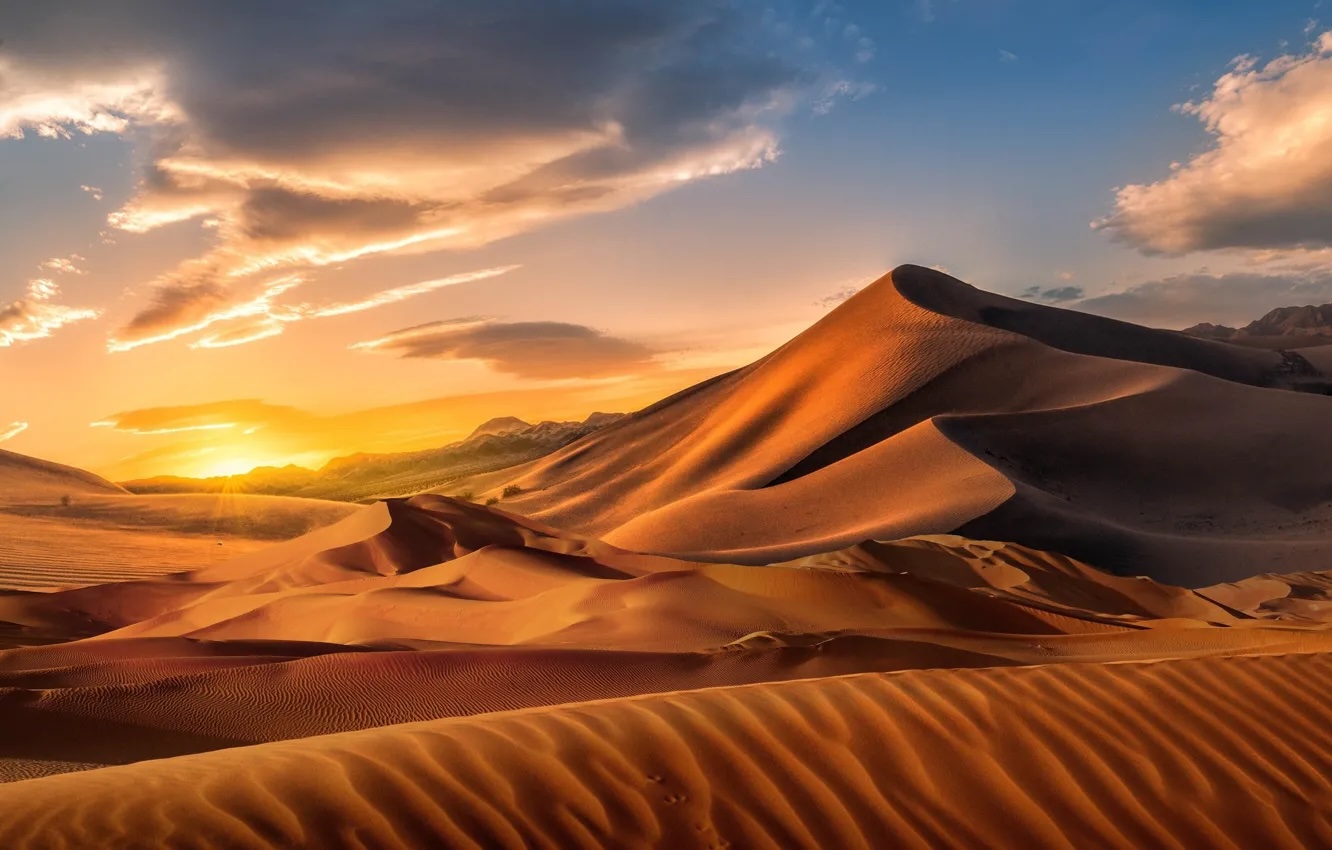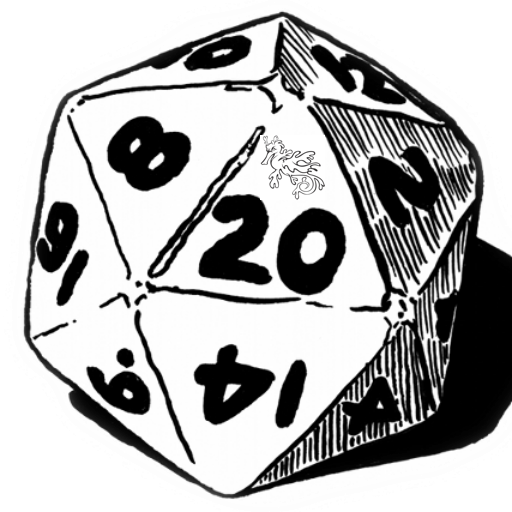Your cart is currently empty!

Episode 16 – Beneath the Blazing Sun
Into the Sands of Ilidian
Banatath gleamed under the sun’s harsh glare like a jewel too long forgotten in a chest of cracked wood and rusted iron. Its sandstone walls stood bleached by centuries of heat, every inch of the city whispering the old trade songs of caravans past. Bazaars buzzed, streets echoed with the calls of hawkers and the chiming of bronze bells, and the aroma of seared spices and rich perfumes lingered like ghosts.
The Roving Adventurers—Makhulim, Marcho, Faylen, and Nayzungit—stood just beyond the Gate, cloaked in light-colored linens and wrapped in protective scarves. The sun loomed overhead like a watchful, burning sentinel.
“So, remind me again why we’re walking straight into a place called the ‘Dunes of Fate’?” Marcho asked, squinting as he tightened the straps on his small backpack. “Is that name supposed to be encouraging?”
“Aye,” Makhulim rumbled, his breath already hot in the scarf covering his mouth. “It encourages ye to get there and not die. Sounds like a solid motivator to me.”
“I suppose ‘The Slightly Uncomfortable Dunes’ wouldn’t have the same sense of gravitas,” Faylen muttered dryly, adjusting the bow slung across her back.
Nayzungit said nothing for a moment, but then growled, “The desert is a test. Angradd forges warriors in fire and heat. We will find strength.”
“We’ll also find sand in everything,” Marcho muttered. “I can already feel it sneaking into my socks.”
Their guide, a grizzled, sun-worn half-elf named Setahr, stood ahead with a long staff and the wind-billowed garb of the Ilidian tribes. His eyes were sharp, squinting against the sunlight, and his voice rasped like sandstone on steel.
“You joke now,” he said, “but the Dunes do not forgive. What was buried beneath them should have stayed forgotten. We move swift and respectful. No noise after sundown. No fires. And pray the wind doesn’t rise.”
The Bleached Path
The first day’s travel was uneventful, save for the aching monotony. The horizon shimmered with heat, mirage after mirage dancing along its edge like spirits laughing at the folly of travelers. The desert’s edge was a great empty bowl, each footstep leaving a mark that would be swallowed within minutes by the gentle but constant wind.
Setahr led them along a path marked only by sparse bone markers—some bleached ribs of long-dead desert beasts, others crude effigies tied with fabric strips fluttering like pennants. Marcho, small and nimble, bounded from shadow to shadow, often taking short scouts ahead despite the heat.
“Looks like someone tied a rag to a stick and called it guidance,” he called back. “Very reassuring.”
“It is guidance,” Setahr replied with a dark look. “Each marker is a prayer, and a warning.”
Makhulim walked slowest but surest, waraxes clinking against his hips. Faylen took careful notes, sketching rough maps and glyphs from the effigies. Nayzungit muttered orisons to Angradd as he walked, invoking divine endurance.
By dusk, the world turned orange, and the sand glowed like gold. Camp was set in a shallow basin between high dunes, canvas tied low to cut the wind.
That first night, the temperature plummeted. From blistering heat to freezing chill, the change was sudden and brutal.
“How in the Hells does a place this hot get this cold so fast?” Marcho whispered through chattering teeth.
Makhulim was already burying himself in furs. “Desert’s got no trees to hold heat. Sky just drinks it up. Like your bloody tab at the tavern.”
They laughed quietly, but Setahr raised a hand. “No stories tonight. Sleep. The wind is restless.”
They obeyed.
The Shifting Silence
On the second day, the desert grew quieter. Not just in sound—but in feeling. The silence was no longer passive; it felt like a presence. The wind was a whisper that never stopped, and all around them the dunes began to shift subtly, as if stirred by an unseen hand.
Faylen noticed it first. “I swear that dune was curved differently an hour ago.”
Setahr didn’t look back. “They move. The sands remember. They change their face to forget.”
Nayzungit looked to the sky. “There are no birds. No tracks. Nothing. Even Angradd’s flames would struggle to find prey here.”
“Good,” Makhulim muttered. “Less things to kill us.”
The sun was harsher, and by mid-afternoon, Marcho collapsed beneath a makeshift lean-to of linen cloth.
“I miss trees. And water. And shade. And food. And normal terrain. And—”
“Marcho,” Faylen warned. “You’re spiraling.”
He blinked up at her. “That’s the heatstroke. I’m literally spiraling. Look—three of you. Wait. Four?”
She offered a waterskin, and he gulped greedily. They didn’t laugh this time. The desert had become too oppressive.
That night, something moved beyond their camp. Not wind. Not wildlife.
Marcho was on watch. The soft scrape had barely tickled the edge of his hearing, but he knew the difference between sound and intention.
He drew his rapier silently. A faint shimmer moved just beyond the camp’s reach, slithering along a dune’s curve.
“Makhulim,” he whispered. “We’ve got company.”
The dwarf sat up, unslinging his waraxes without a sound. Faylen awoke next, then Nayzungit. Setahr did not stir.
Marcho crept toward the edge, senses sharp. Whatever it was, it had already vanished.
The sand was untouched. But the air felt colder.
Voices in the Wind
On the third day, the winds picked up. It started as a breeze, then rose into a howling dirge that whipped their cloaks and tore at their scarves. Visibility shrank. The air stung with grains that felt like tiny knives.
Setahr led them into the shadow of a rock outcropping—a jagged ridge that jutted up from the desert like a broken spine. Here, they found shelter.
“We wait until the wind breaks,” he said. “No sense in dying beneath it.”
As they huddled against the stone, the howling wind took on a strange new quality. Faylen cocked her head. “Do you hear it?”
Marcho’s eyes widened. “It’s… speaking. I swear it is.”
Indeed, within the keening wind were fragments—sibilant syllables, half-caught words, ancient and alien.
Nayzungit gripped his greataxe. “Blasphemy on the wind. This place is not natural.”
Makhulim was silent. His eyes were narrow slits as he scanned the dune line.
“We’re being watched,” he muttered. “Same as last night. I can feel it.”
Hours passed. The wind never let up. They took turns resting while the others kept vigil.
And that night, the wind spoke clearly.
Marcho was again on watch. His ears twitched beneath his scarf. The wind called his name.
“Marcho… Marcho… come… dig… remember…”
He stood. The voice felt warm, familiar, like an old friend beckoning from beyond the firelight.
He took a step.
Then another.
Before his foot met sand again, Faylen’s hand clamped down on his shoulder.
“Don’t.”
He gasped, shuddered, and looked down. His foot was an inch from stepping over the wards Setahr had drawn.
“I… I don’t know what came over me,” he whispered.
Faylen didn’t reply. She looked toward the dunes—and saw something tall and lean retreating into the shadows.
The Edge of the Dunes of Fate
By the fourth day, the wind relented, but the dread remained. The sky was a flat, harsh blue, without even the mercy of clouds. The air tasted ancient, and the land changed.
Here, the dunes grew sharper, steeper. The sand had a darker hue, almost ashen, and the wind left strange patterns—glyphs and runes neither Faylen nor Nayzungit could decipher.
“We’ve crossed into the Dunes of Fate,” Setahr said quietly.
No one cheered. No one spoke. Even Marcho had no jests left.
Ahead, an impossibly large depression opened in the sands—a crater of sorts, half-ringed by windswept ruins. Columns jutted from the earth like broken teeth. Walls emerged from the sand, some intact, others torn and buried.
The city.
“The Lost One,” whispered Setahr. “City of fate. City of the first curse. Buried, now unearthed.”
Faylen felt her fingers tremble. “This is wrong. This was meant to stay hidden.”
Makhulim grunted. “Aye. But here we are. Might as well see what’s worth the trouble.”
Nayzungit’s eyes were narrowed. “There is a weight in the air. Like the breath of something asleep. Or hungry.”
They descended slowly into the basin. The ruins loomed around them—massive arches, shattered statues, fragments of murals. Beneath the sand, something larger waited.
They made camp on a wide stone terrace that had once been a courtyard. That night, the stars overhead seemed dimmer. And in the darkness, the city whispered.
Not wind. Not dreams.
It whispered secrets.


